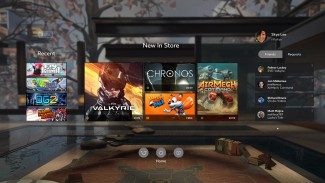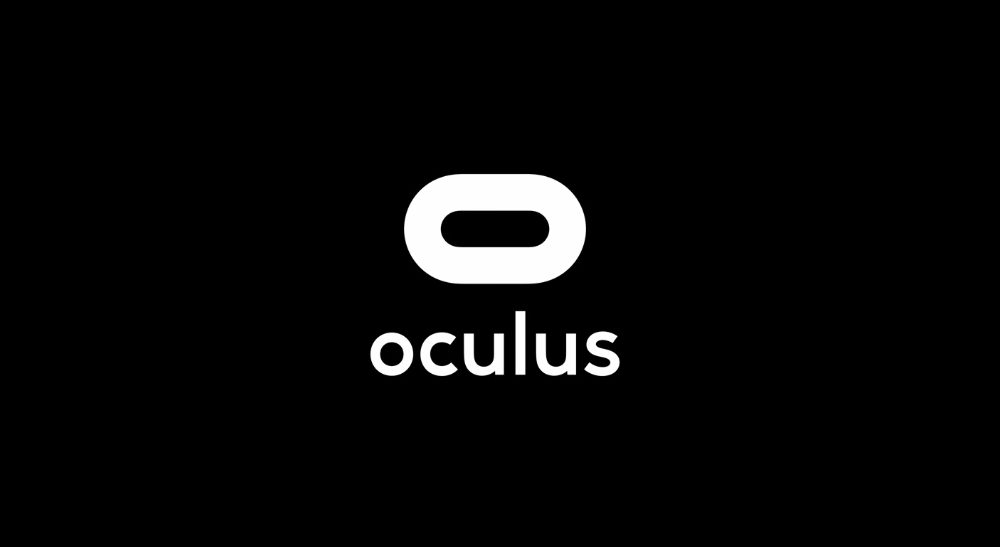 By March 1st 2017, every title in the Oculus Store will be assigned through the International Age Rating Coalition (IARC) rating process. IARC is a globally streamlined age classification process for digital games and mobile apps.
By March 1st 2017, every title in the Oculus Store will be assigned through the International Age Rating Coalition (IARC) rating process. IARC is a globally streamlined age classification process for digital games and mobile apps.
In a recent entry on their Developer Blog, the Oculus Team announced that the Oculus Store has moved to the International Age Rating Coalition (IARC) rating process, effective immediately for all new titles. Existing titles will need to apply for an IARC rating by March 1st. The Oculus Store adds to the list of participating storefronts, which includes Google Play, the Nintendo eShop and the Windows Store. IARC ratings are already used for all Google Daydream VR and Microsoft Hololens AR apps.
Applying for age and content ratings for software across multiple regions can be tedious, but once the storefront is participating with the International Age Rating Coalition (IARC), the process is much simpler. Currently, the IARC rating system administers content ratings from ESRB in North America, PEGI in Europe, ClassInd in Brazil, USK in Germany and the Classification Board in Australia with more rating authorities expected to join in the future.

Launched in 2014, the IARC rating system simplifies the process for developers, who just need to answer a single set of questions, which automatically generates different age ratings from each participating territory, including a legally compliant rating in Russia and a generic rating for the rest of the world. It also helps consumers, providing a consistent set of ratings that, according to Oculus, ‘reflect their own cultural norms regarding content and age-appropriateness.’
Patricia Vance, president of the ESRB—the well-known organization responsible for administering game ratings in the US—and chairperson of IARC, welcomed the news, saying “We applaud Oculus for deploying the IARC rating system, giving VR developers the opportunity to obtain ratings from rating authorities around the world at no cost and without delay, while providing culturally relevant and trustworthy guidance about the games and apps consumers are considering for download.”







